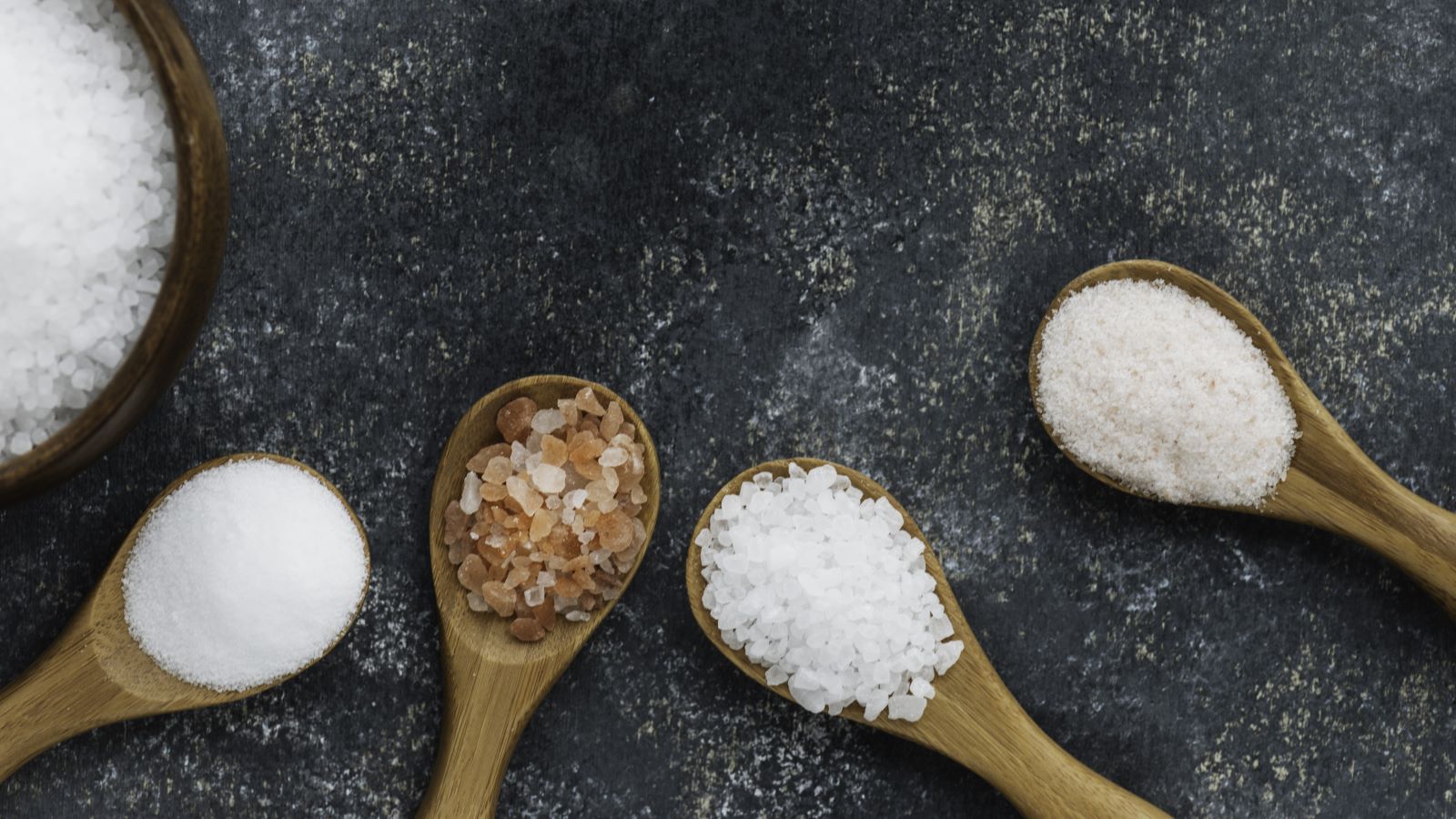<< Back
Can this Simple Diet Change Replace Blood Pressure Meds?

January 29, 2024
Imagine a world where you could manage your blood pressure without relying on medication. Sounds ideal, right? A new study says you can do just that, with one simple diet change.
Here’s what the study – and a primary care provider – has to say.
Cutting one teaspoon of salt from your diet has the same effect as medication.
The study – published in the Journal of the American Medical Association – revealed that simply cutting just 1 teaspoon of salt from your diet intake could have the same positive effect as blood pressure medication.
The study involved 213 participants and found that those who followed a low-salt diet for a week experienced an average 8-point drop in blood pressure compared to those who maintained a high-salt diet.
> Related: These 6 Foods Can Lower Your Blood Pressure Naturally
Salt causes high blood pressure in two ways.
According to Christelle Nimba, APRN, primary care provider with Hartford HealthCare Medical Group, too much salt contributes to high blood pressure in two different ways:
- Fluid retention: when we consume high levels of sodium (the main component of salt), our bodies retain more water to keep the right balance of sodium and water. This increased fluid puts added pressure on our blood vessel walls.
- Blood vessel constriction: high levels of sodium can cause our blood vessels to constrict or narrow, making it more difficult for blood to flow through the vessels.
But the effects of salt on blood pressure vary from person to person.
The correlation between salt and high blood pressure is clear. But the effects of salt in your diet varies based on the person.
“It’s important to note that blood pressure sensitivity to sodium varies per person. While high salt intake can lead to hypertension in some people, others may not be as sensitive,” says Nimba.
6 ways to reduce the amount of salt in your diet.
“Reducing sodium intake remains a recommended approach for managing blood pressure,” says Nimba.
Not sure where you should start? Nimba provides six tips for cutting extra salt from your diet:
- Read food labels: check food labels for sodium content and opt for low-sodium or no-salt-added options.
- Cook at home: prepare meals at home using fresh ingredients, which will allow you to control the amount of salt added to your dishes.
- Limit processed foods: processed and packaged foods often contain high levels of sodium. Try your best to reduce consumption.
- Use salt substitutes: experiment with salt substitutes containing potassium chlorides or other seasons to add flavor with little sodium.
- Gradual reduction: reduce your salt intake gradually, daily to allow your taste buds to adjust.
- Eat more fruits and vegetables: these foods are naturally low in sodium and high in nutrients that support overall health.
When to see a doctor.
Keeping track of your blood pressure regularly and getting advice from a healthcare professional is essential for taking care of your heart health.
“If your blood pressure consistently reads above 130/80 and you experience symptoms such as chest pain, palpitations or dizziness, it’s time to see your primary care provider,” says Nimba.
And no matter how much salt is in your diet, your doctor still might prescribe blood pressure medications to keep you healthy.